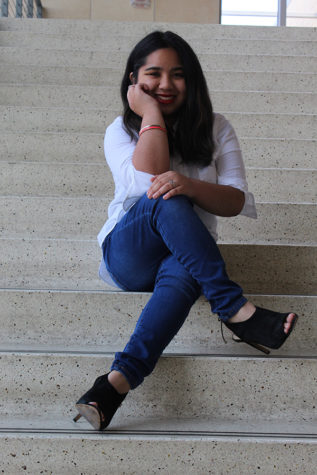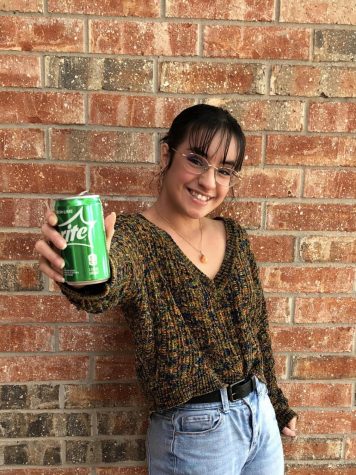This week’s Farmer Focus is on junior Tristin Canon who is in NJROTC and aspires to follow in his family members’ footsteps by joining the military.
SNAPSHOTS
Favorite subject: NJROTC
Apple or Samsung: Apple
Favorite color: Red
Cats or dogs: Dogs
Favorite show: Anything on the History Channel
ZOOMING IN
Q: What is it like being in NJROTC?
A: “[NJROTC] is hard to explain unless you’re in it. It’s more of a family than just a normal class, you meet a lot of good people, make a lot of good friends and you’re challenged every day to do better. We get along for the most part and we all work together on everything, especially during [physical training], which is when we go outside and exercise. And more so on [Wednesdays], which is inspection day, where we help each other [change] in our uniforms straight away.”
Q: How will being in NJROTC help you with your future career?
A: “[NJROTC] looks really good on college resumes, but [it helps] even more so for the career I want to go into which is law enforcement. It also helps if you want to go to college for the full on NJROTC program which will get you [higher up] into the military. It will give more experience than going straight into boot camp. It helps with literally everything in college, which will accept you [to the school] more if you have classes like [NJROTC] which teaches you respect, gives you knowledge, teaches you how to act in school (like an adult) and make wise decisions.”
Q: What would you tell students who are starting out in NJROTC?
A: “Don’t argue with anything you’re told to do; be respectful. If you don’t like what someone’s telling you to do, go to Chief, don’t make a complaint or try to start a fight. Just study [what you’ve learned in NJROTC], keep your uniform clean, don’t skip uniform days because it hurts your grade [and] being respectful is the biggest [part]. Don’t back talk, don’t be rude [and] make good choices.”
Q: Why did you join NJROTC and why?
A: “I joined NJROTC because my family has a big military history and I want to continue it on because it’s a very honorable trait. [Veterans are] respected here in America especially. My grandpa was in the Air Force and Navy in Vietnam and Korea and he encouraged me to join [NJROTC] and so did my dad. They also helped me with [being respectful] and making good choices. I’ve always wanted to go into the military; it’s been a big thing since I was a little kid seeing my brothers graduate and seeing the dress blues the Marines get to wear, ever since then it’s been a dream of mine and I want to get it accomplished. Then after my military career is done, I want to go into law enforcement till I retire.”
Q: Who has been the most supportive of you joining NJROTC and why?
A: “Other than family, it has to be Dennis Guajardo because I was already in [NJROTC] but I wasn’t sure if I liked it and I wanted to stay in, but he really encouraged me to stick through it and do my best to continue on with the program because that’s the way he set it up. He’s the main reason I’m still in the program. Other than that, my dad is a big military supporter. Whenever [we] are going out and we see veterans, we always thank them for their service and that’s where I want to go with [my career choice]. I want to be able to serve and have that honor to be able to have people thank me for what I’ve done and actually do something great for the country.”
Q: What are the positive aspects about being in NJROTC?
A: “Positive aspects of NJROTC are meeting people, learning about not just military but [also] school smarts, and you get taught to [work harder] on all your classes not just [NJROTC]. You really get to know the [Commander] Chief and the Commander RT which is the NSI (Naval Science Instructor) and SNSI (Senior Naval Instructor). You create a bond with them; if you don’t have a bond with anyone in the class, you’re not going to make it far. We’re very close and more of a family than just a group of kids who are trying to get the lowest grade possible to pass, we all push each other, [and] we [want to] go further [in class].”
Q: What is the hardest part about being in NJROTC?
A: “The hardest part about being in [NJROTC] is when you’re not in the mood to do anything. [You don’t have a choice] to just sit around and not do anything, you have to work. This isn’t a class you can just lowball and pass; [if you do that] you won’t pass. You actually have to be engaged and want to be here. If you don’t, then there’s no reason to be joining [NJROTC].”
Q: What have you learned from being in NJROTC?
A: “Respect is the biggest [trait] I’ve learned. Other than that, [I’ve learned to be] true to myself and that no matter what my mood is I always have to try harder and succeed or else I’m not going to get far in life. Honor is [another] big [lesson], other than that it’s more [about] respect. If you don’t have respect you’re not going to make it far in life, you’re not going to succeed, you’re not going to get a good job and you’re not going to make friends.”
Q: How are you expected to behave once you’re inside the NJROTC room?
A: “Once we walk into that classroom, the normal school rules mainly disappear other than the wearing the I.D. It’s more [about being] respectful; [we] have to say ‘Yes, Chief,’ ‘No, Captain,’ or with the cadet staff [we have to call them] ‘Sir,’ ‘Chief’ [or] ‘Cadet,’ depending on their ranks. You’re expected to be well behaved and not talk back [or] be rude; you have to want to be there. If Chief knows you don’t want to be here, you’re not going to stay in the class. [When you come into this class], you can’t be tired, you have to be fully aware. If not, you’re not going to make it. If you talk back, it’s going to be a problem; [I] learned that the first day of school.”

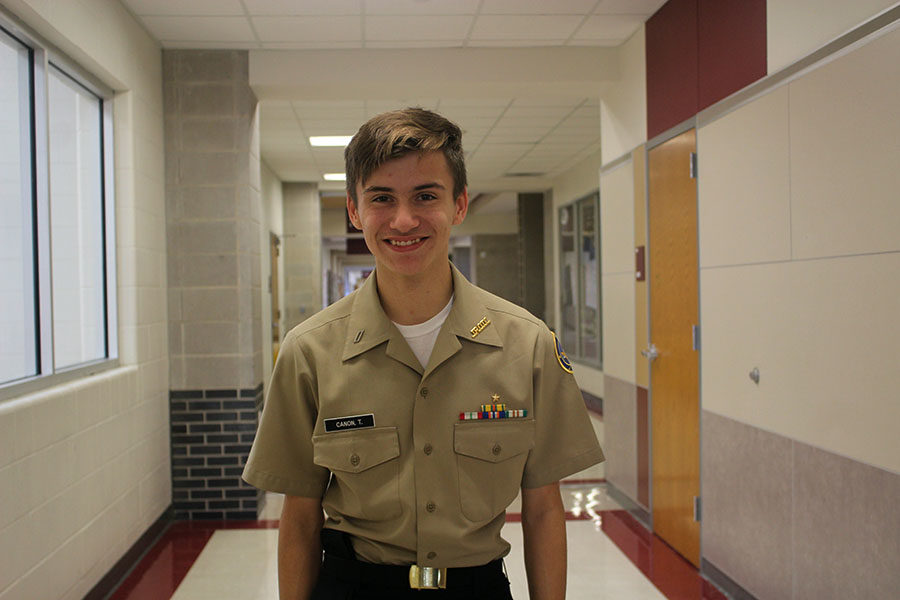
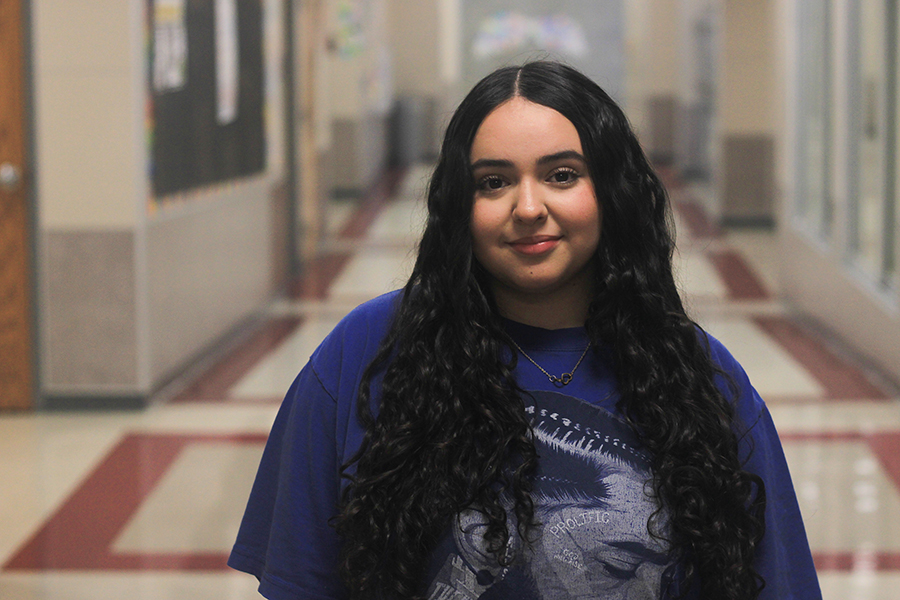
!["I hope to become fond [of] and understand the new dynamic of a life where I don't really have boundaries set by another person, but rather more of a liberal freedom."](https://farhar.net/wp-content/uploads/2025/05/topten9.jpg)
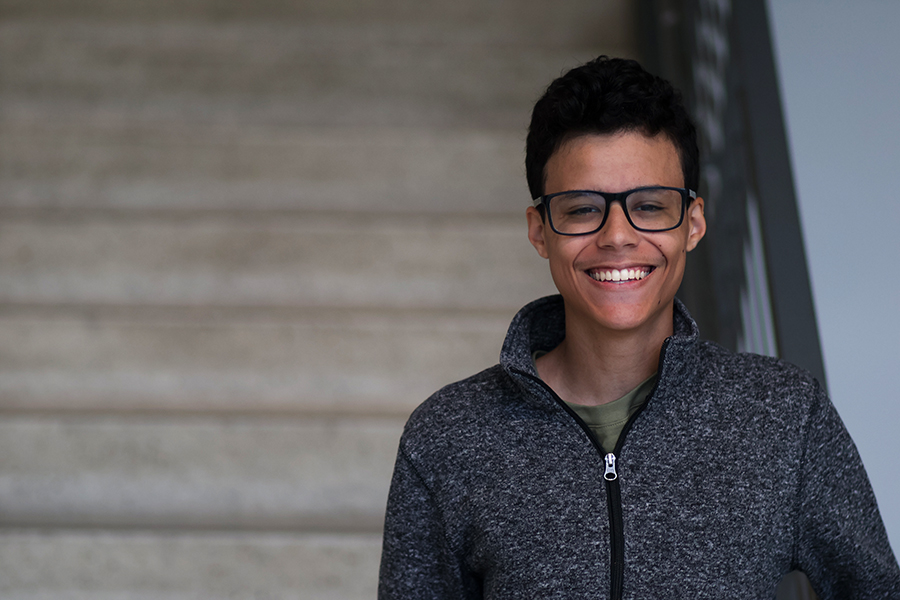
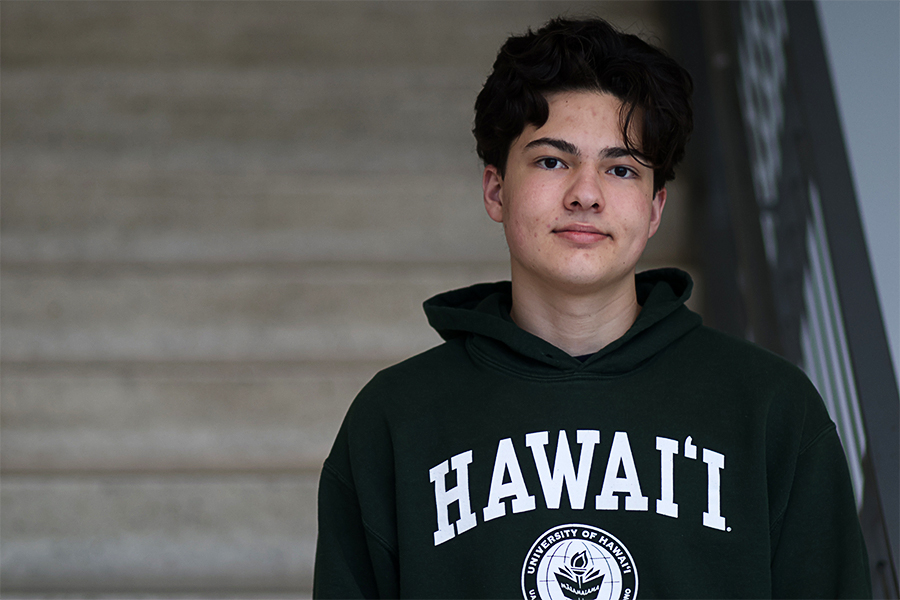
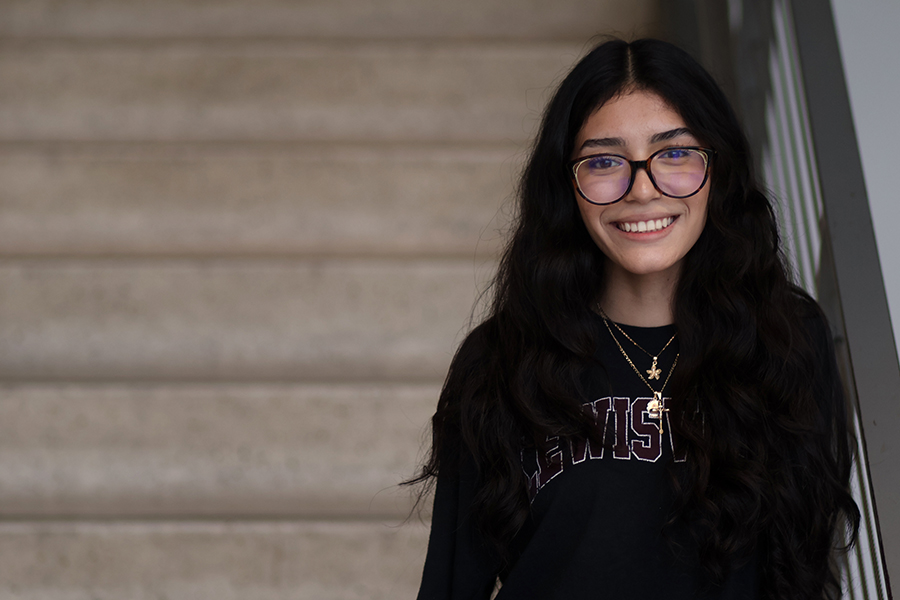

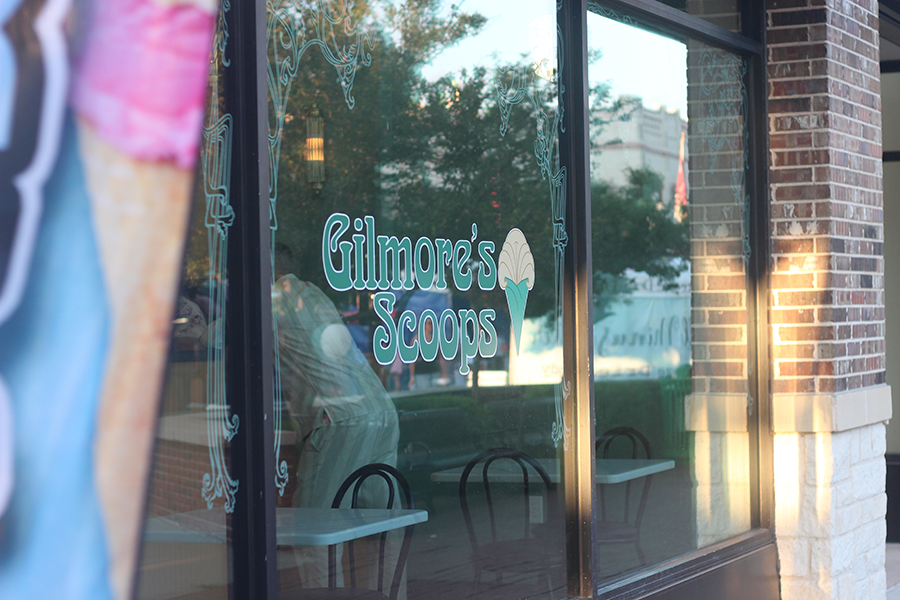
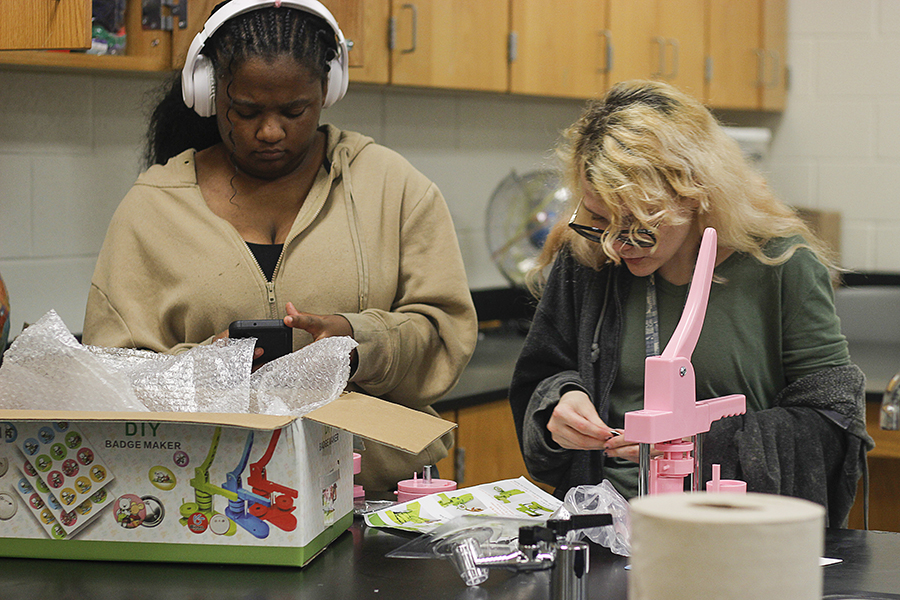
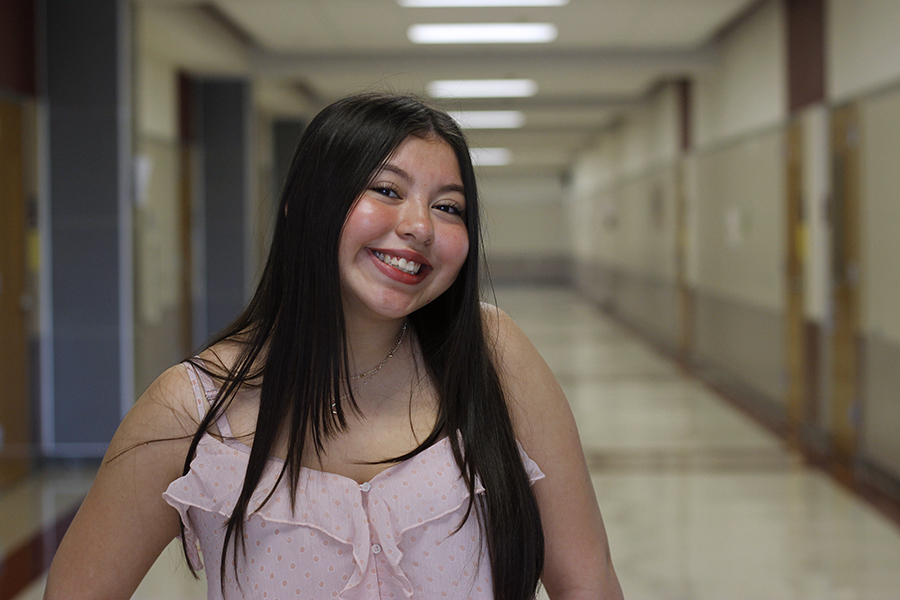


!["Learning is a really important aspect of high school – that's why we're here. I think the whole top ten thing can also encourage somebody [to] focus on grades and not the actual learning."](https://farhar.net/wp-content/uploads/2025/05/topten6.jpg)
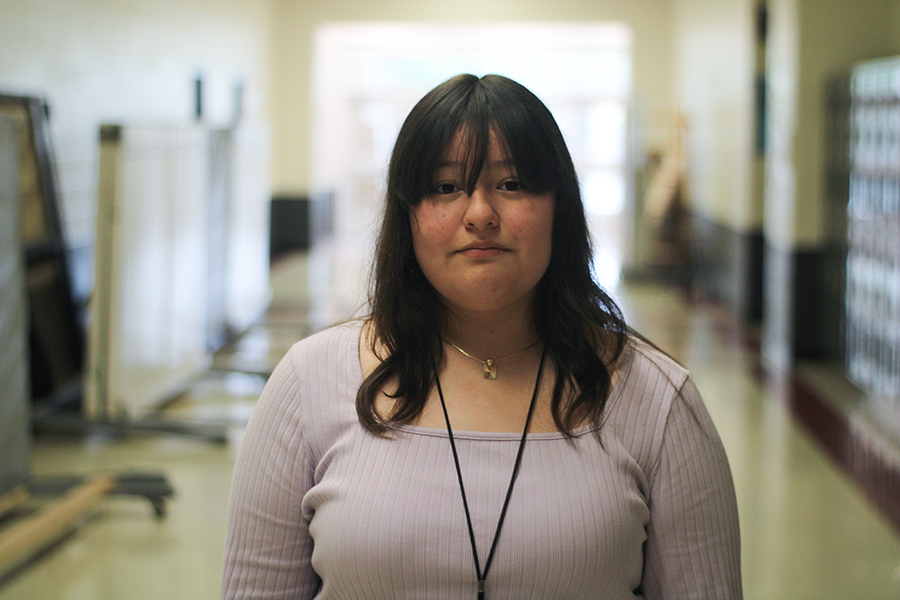
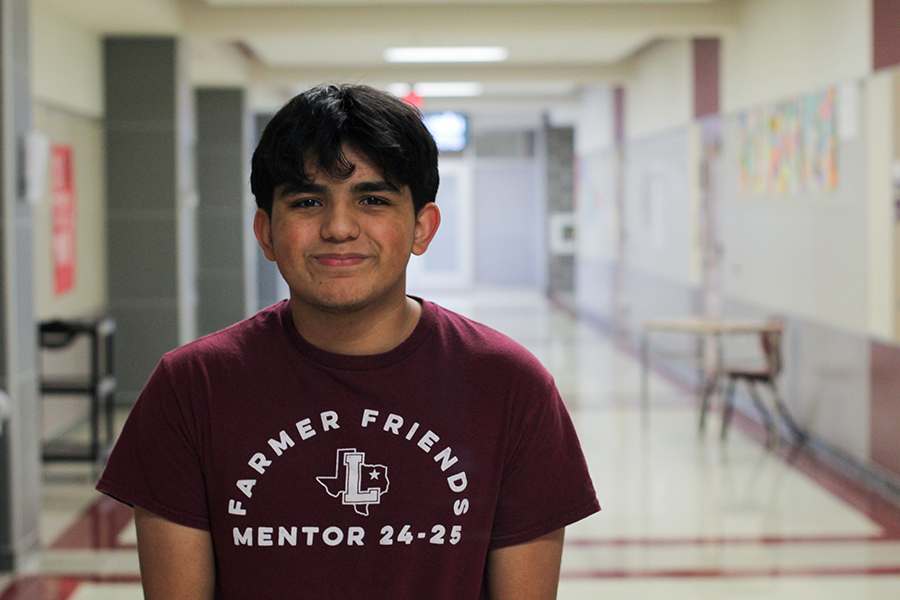
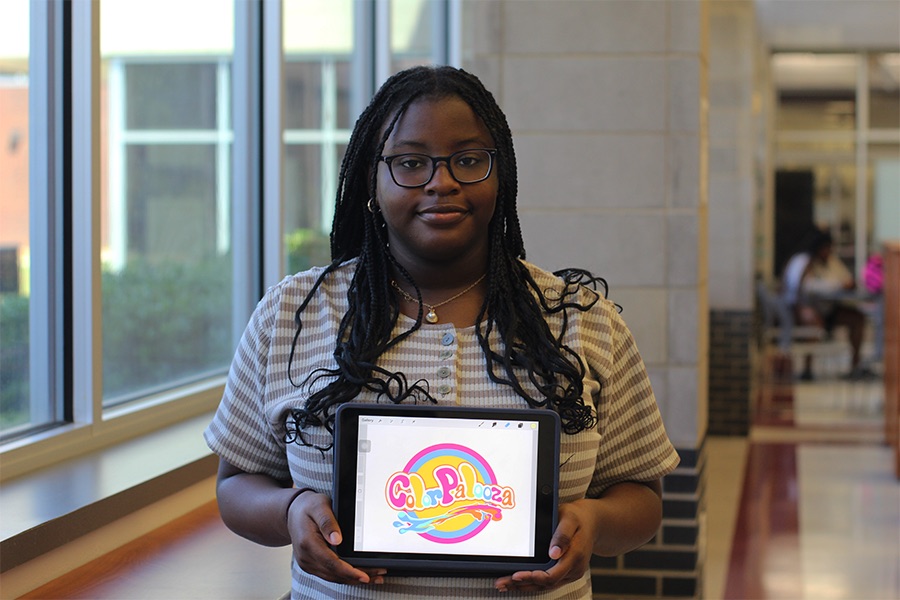
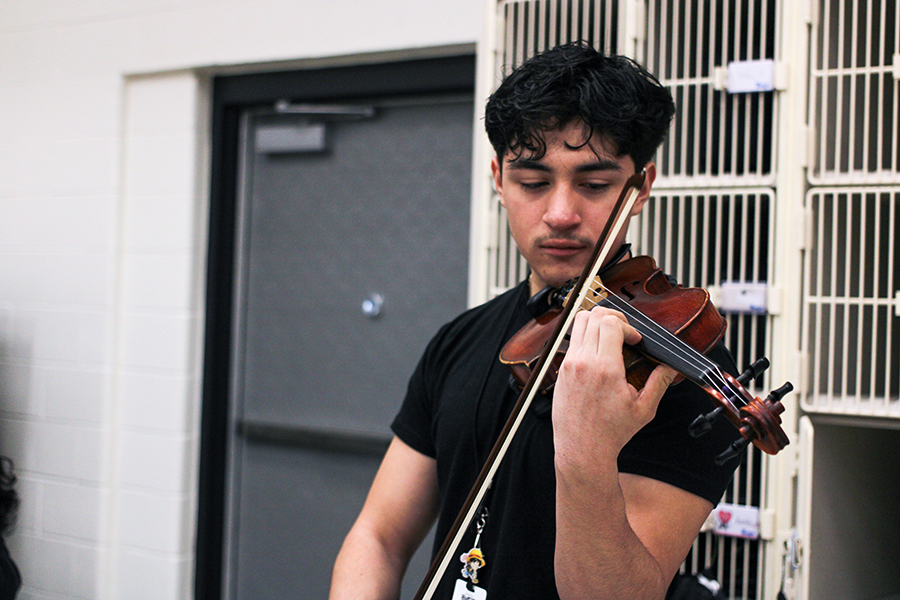

!["My family [pushes me to pursue my business]. They are the ones who always push me and encourage me to do more."](https://farhar.net/wp-content/uploads/2025/02/IMG_9681.jpg_edit.jpg)
